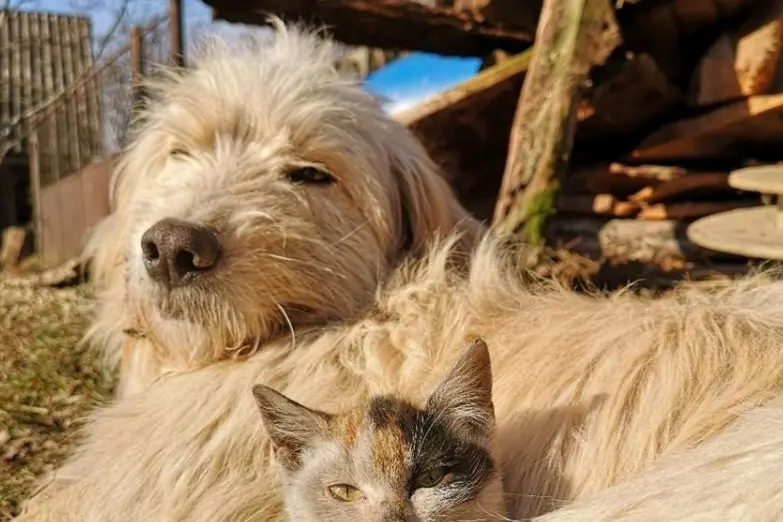PHOTO
A plan that aims to return more pets to their owners when they're lost has been created by Wangaratta council and is now out for public consultation.
The draft Domestica Animal Plan 2025-29 was tabled last month, acting as a guide for council to manage issues such as pet registrations, de-sexing, impoundment, barking dogs, and euthansia.
During the September meeting, council was asked if it will eunthanise stray cats that are left to roam the streets by their irresponsible owners during question time on a draft plan.
"What does that mean - are you going to euthanise stray cats?" resident Maree Parkinson asked.
"They’re not feral cats, they’re just cat’s that irresponsible people have let down."
Council director of culture and sustainability Stephen Swarts reiterated Ms Parkinson's option to have her say during the public consultation period.
"The plan covers a range of topics, including that we will manage stray animals, as you call them, and we manage that through different processes," he said.
"There’s some numbers in the document in terms of the number of animals that we have euthanised over the last year, or the last few years."
In 2024/25 some 195 cats were euthanased for the year, up from 170 in 2023/24 and 102 in 2022/23.
"That is part of what we do in terms of animal management," Mr Swart said.
"It’s not the only part, a big part of what we focus on is to make sure pets find their way back home, so where pets are registered and microchipped, so responsible owners, we find those owners very quickly because they are registered and microchipped, we return them home as quickly as we can."
Based on the term feral cat, Ms Parkinson was under the impression that council officers were going in to the bush and collecting cats that have been dumped and euthanising them.
However, Mr Swart was quick to clarify for Ms Parkinson.
"We don’t do proactive searches for feral cats, we don’t have resources to do that, so what typically will happen is a member of the community would approach council and report a cat that’s out and about that they consider is feral and we will utilise things like cat traps to try and capture that animal," he said.
"When we have that animal, we will then scan that animal for microchipping and check registration and if that animal is registered and microchipped, we will return that animal to the owner."
The draft domestic animal management plan reports that the number of unregistered animals entering the Wangaratta council's holding facility and Albury Animal Management Centre is still of a high rate, which suggests a large number of unregistered animals exist within the municipality.
Council is recording data to determine the percentage of unregistered animals impounded and from where the owner resides.
As part of the plan council also has several objectives.
These include decreasing/minimising the total number of properties required for the annual door knock registrations audit.
It will do this by educating residents about registration renewal, ensure each property is audited, ensure animal registrations have been renewed, seize animals still found to be unregistered, mail out infringements for failure to renew.
Council will also maintain or increase dog and cate registrations by ensuring seized and impounded animals are registered to their owner prior to release, target certain areas, and call and text pet owners advising them to renew registrations.
The plan also covers a barking dog policy, a dogs on-leash policy and several other sections.
Community members can give their feedback via a survey until 24 October at https://connect.wangaratta.vic.gov.au/domestic-animal-management-plan

